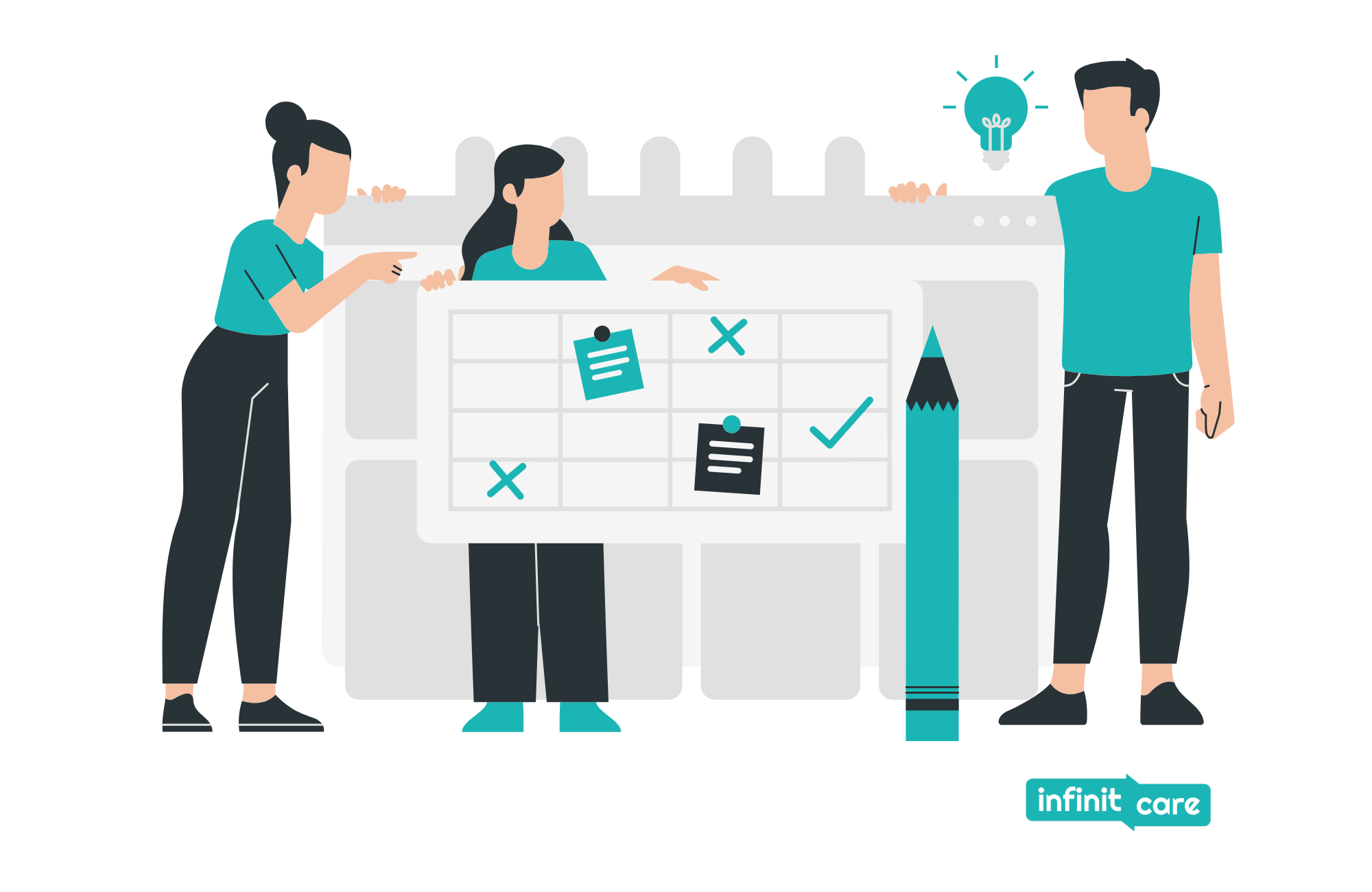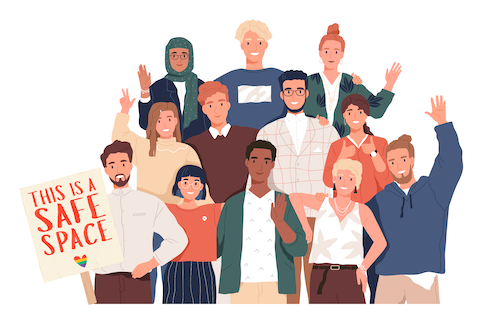Depressed Generation: Are Gen Zs more likely to have mental health issues?

In November 2022, the National Center for Mental Health reported that the majority of callers to the national mental health hotline in the past year were below 29 years old. Common concerns include feelings of anxiety and depression, and issues with their relationships.
At Infinit Care, we see the same signals that this generation has lower well-being scores than older generations. In a survey conducted by Infinit Care between July to September 2022, we found that employees aged below 30 years old scored lower on the World Health Organization’s Well-Being Index (WHO-5). Moreover, the statement that scored the lowest in this demographic, across industries was “I woke up feeling fresh and rested”. Not only are Gen Zs feeling low, they’re also not getting the rest they need to face challenges in the workplace.
Is this all in their head?
Some studies indicate that the higher numbers of Gen Zs reporting that they have mental health concerns is less about them having more mental health challenges than older generations, and more about them feeling confident to speak up about what they’re going through due to higher mental health literacy.
Financial and workplace stress dominate their top reported concerns, affecting how they show up in the work. According to the American Psychological Association (APA), while this cohort is least likely to self-rate their mental health as “very good”, they’re also the ones who are more likely to reach out for help. And if they don’t get the help in a timely and relevant manner, especially at work, they’re more likely to leave their jobs due to mental health reasons.
Impact in the workplace
As employees spend 8 or more hours at work in a day, it is important to maintain good well-being to effectively contribute in the workplace. In a survey conducted in the US among Millenials and Gen Zs, 61% said their mental health affects their performance at work and 37% said their work environment has affected their state of well-being.
Poor mental health has a negative impact on employee engagement and communication with colleagues. It also hampers important cognitive functions like decision-making and problem-solving. In knowledge industries specifically, ensuring that employees are mentally well is critical to achieving organizational objectives.
It is in the interest of organizations to provide employees with mental health support considering the impact that poor mental health has on job performance.
What can organizations do about Gen Zs and their mental health?
Gen Zs will make up more than 30% of the workforce by 2025. And in an increasingly stressful work environment, Gen Zs will come to demand more from their employers when it comes to mental health support.
Here are a few practical ways to get started:
Build strong support systems at work
As the generation who have newly entered the workforce, many of them may still be learning the ropes and feeling overwhelmed by job demands. Look after those who just joined the company in the last two to three years - they’re the ones who started working in the middle of a global pandemic, having had to manage the challenges of remote work, and feeling isolated from their colleagues in the process.
Line managers should organize regular check-ins, and senior workers should be encouraged to reach out to their younger colleagues from time to time to see how they’re coping. As face-to-face interactions return to higher frequency, take the time to build work relationships through the regular meetings and occasional team building activities.
Develop a holistic approach to wellness
Many mental health professionals would advocate a proactive and holistic approach to looking after one’s well-being. It is not enough that the workplace provides access to counselors and psychologists - while definitely helpful, preventive approaches can be more effective in tackling mental health concerns.
Most organizations already have wellness efforts such as promotions centered on healthy eating and exercise. Integrate these programs with the mental health initiatives by touching up on the importance of sleep and rest in building good mental hygiene. Encourage healthy habits like meditation and mindfulness exercises into the wellness agenda.
Offer more flexibility by adopting a hybrid approach
Gen Zs are digital natives. Make it easy for them to voice out their concerns and get the support they need by ensuring that mental health professionals and other resources are available 24/7, with a touch of a finger.
As workplaces move to a long-term hybrid set-up, revisit your mental health programs and also employ a hybrid approach in providing support. Allow employees to go to counseling virtually, in the comfort of their own homes, but also organize regular schedules in-person for those who are more at ease with face-to-face interactions. The key is to have more flexibility in the programs that you implement.
Encourage mental health breaks
It’s already 2023. Employees should not feel judged for taking a break to look after themselves. Oftentimes, people crave for a mental health day when they’re on the verge of burnout. Before things go from bad to worse, encourage employees to take their vacation leaves and not put them off towards the end of the year.
Revisit your company culture especially around meetings. Are you always organizing hour-long meetings…back to back? Try shorter meetings, and ensure breaks are put in between sessions to allow employees to focus on their work or have some quiet time. Perhaps even institute no-meeting Fridays to lessen the stress felt by employees by a toxic meeting culture.
Create an open culture that focuses on employee well-being
It all boils down to creating a culture where well-being is put front and center. Leaders have to model how to look after one’s mental health to their subordinates by showing them that they too can end work on time, and take vacations and self-care days.
During town halls or smaller department-level meetings, carve time for sharing of mental health stories: create an environment where mental health is openly talked about minus the stigma and judgment. It’s even more powerful when leaders model vulnerability and openness by leading the way in demonstrating that it’s okay to not be 100% at all times. What’s important is one is taking the steps to look after themselves.
Gen Zs are known to value purpose and work-life balance. And more and more, they like to work for organizations that align with their priorities and values. Well-being is an all-important concern for this generation. It’s high time we listen to them - everyone in the organization will benefit, even the older ones!


